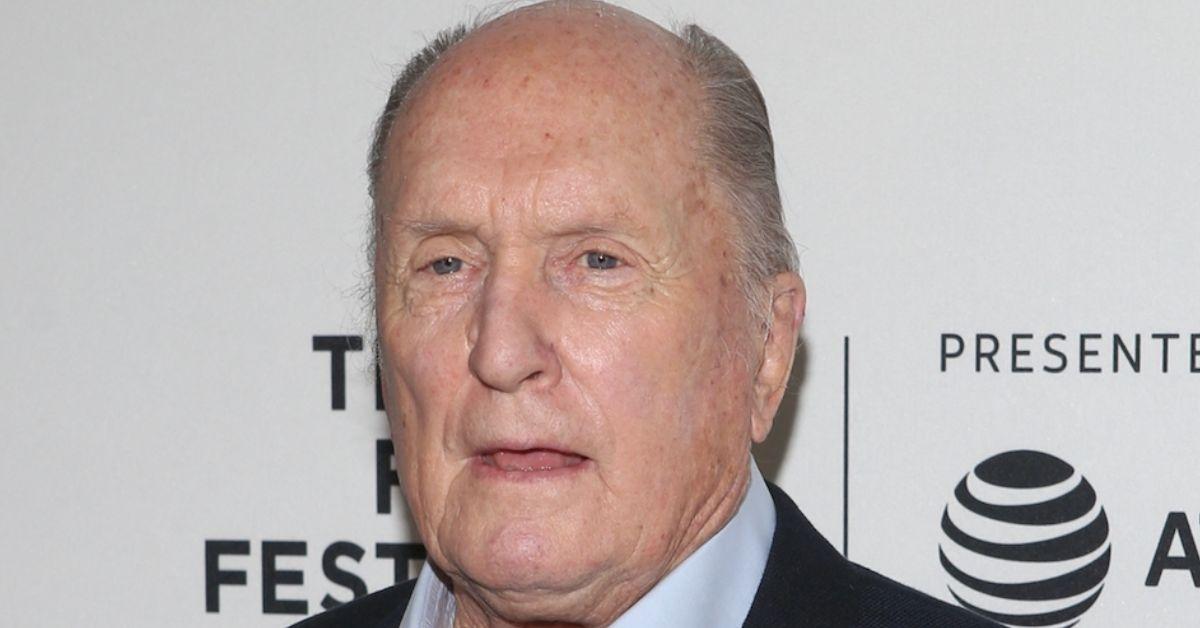DVD Review: Inglourious Basterds
Dec. 17 2009, Published 6:01 a.m. ET
Last spring, Inglourious Basterds arrived at Cannes with all the fiery hype that a big, bold Quentin Tarantino film typically ignites. This time, though, the hype was mixed with trepidation: Could he manage to have fun with World War II without making fun of it?
Why Tarantino took on the project, and what his perspective was on tackling such difficult subject matter is illuminated in Basterds’s DVD edition, which hit streets this week. The two-disc package offers some standard extras, like behind-the-scenes footage and extended scenes. But it also gives us a glimpse of what Tarantino thinks of his own opus. His in-depth interview with KCRW host Elvis Mitchell, who spoke with him and Brad Pitt about the film, reveals his views on the war, and why he wanted to let audiences to laugh about it. Mitchell’s interview also discusses the story behind Basterds’s multiple languages, how Pitt grew into his role as Lt. Aldo Raine, and what it’s like to be directed by Tarantino (hint: The set is church, and Tarantino is God).
The DVD also offers little glimpses of the director as a person, like how twitchy and excited he becomes when he talks movies, and how he seems to direct Brad Pitt even during interviews. Another extra segment features a montage of Tarantino’s video postcards from Basterds’s sets to his longtime editor, Sally Menke. Sure, they’re goofy, but they also display a sentimental side of the director that’s often -- admirably -- missing from his movies.
Basterds is largely Tarantino’s imaginary vision of how the war could have ended, but it encompasses much more. The story begins in the idyllic French countryside, where the movie’s baddie, Col. Hans Landa (Christoph Waltz) finds and kills a Jewish family in hiding. Only their daughter Sosanna (Mélanie Laurent) escapes, sprinting away across the fields. There’s also the titular “Basterds,” a group of elite, American-Jewish soldiers led by Lt. Raine, a Southern-born commander with a penchant for collecting Nazi scalps.
Several years after her family’s massacre, Sosanna inadvertently crosses paths with the rag-tag group in Paris, when her movie theater becomes the premiere site for Joseph Goebbels’s (Sylvester Groth) latest piece of cinematic propaganda. She and the Basterds devise separate plans to take down the Nazis in attendance -- but not without some curveballs. Landa does some side-room strangulation, while Goebbels’s egotistical movie star throws a wrench in Sosanna’s arrangements. In Tarantino’s version of the war, absurdity skewers bad guys more brutally than machine guns.
Despite the heavy subject matter, there’s still room for self-conscious fun, glamour and elegant cinematography -- which is part of what makes Basterds such a masterpiece, in the essential, unpretentious sense of the word. Tarantino’s shots of the exquisite Laurent are lingering and patient, lavishing attention with long takes and a thunderous ballad. His script is ridiculous in parts -- but never self-indulgent. And his ability to bring his own sensibility to one of the most devastating moments in recent history -- and pull it off -- is what make Inglourious Basterds gripping and victorious.

For More DVDs and Reviews, See Our Full DVD Section Here


